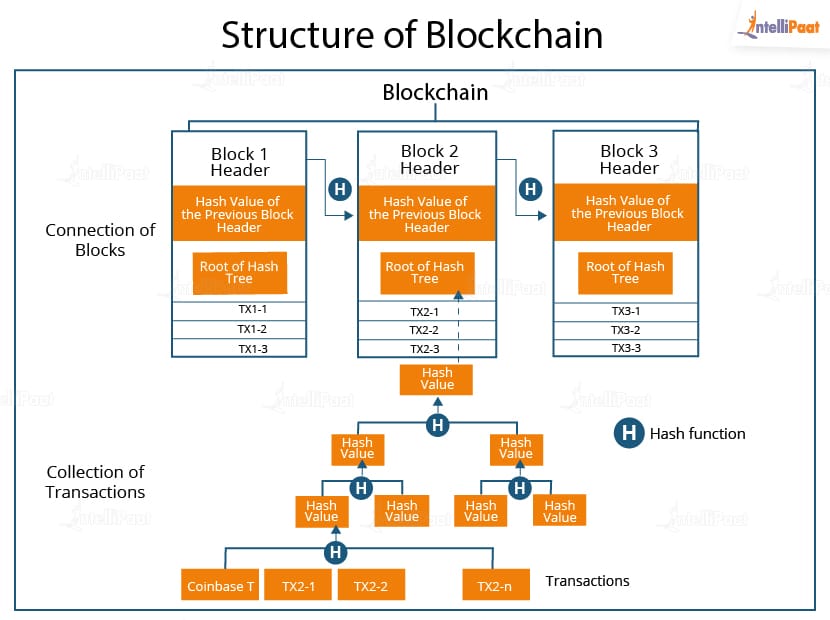

For instance, chess game players would experience minimal delay, even less than typical internet lag. This consensus process happens swiftly, with minimal lag for users. If enough Validators vote yes, the transaction is approved, and the opposing player can make their move. Validators vote on whether a move is a legitimate change to the chess game object. Each turn initiates a transaction on the network that requires approval from Validators to maintain the network's integrity. The chess game is represented as a shared object, allowing each player to affect its state during their turns. Let's take the example of a chess game app running on Sui. The consensus process involves Validators assessing whether a transaction should be approved. Sui's consensus system ensures the legitimacy of shared object transactions and maintains the network's integrity. In contrast, only the owner of a single owner object can make changes to it.

Shared objects, such as multiplayer games or shops, can be modified by multiple people. It defines two main object types: shared objects and single-owner objects. Sui distinguishes itself through its consensus mechanism and object types. This ensures agreement on ownership and other parameters for each file. For example, if someone creates an NFT video file on Sui and transfers ownership to another user on the network, all the servers in the network will record this ownership change. In decentralized networks like Sui, all the servers maintain a consistent global state. These servers handle user account records and determine which accounts can access specific files.

In private networks, transactions are processed within internal servers that implicitly trust each other. In the context of Sui, all Validators and Nodes share a global data state.Ĭonsider the example of Netflix. These networks require transaction approval and the dissemination of data changes across the network. In decentralized networks like Sui, independent operators run the servers that support the infrastructure. These changes can involve transferring ownership or transforming the appearance of an object. Sui's approach to transaction processing focuses on individual objects and the changes made to them. When you perform actions in an app, such as buying or selling items, a process involving Validators and Nodes that make up the network is triggered. In the world of blockchain, transactions play a crucial role in how apps function. Understanding Transactions in the Blockchain World It has been tested to handle up to 297,000 transactions per second, resulting in near-instantaneous response times for users in apps and games. Compared to other blockchains, Sui stands out due to its unique hybrid approach. Sui is a blockchain platform that offers fast and efficient transaction processing. Discover how Sui's unique transaction processing, with a focus on shared objects, delivers high-speed performance and consistent data state.


 0 kommentar(er)
0 kommentar(er)
